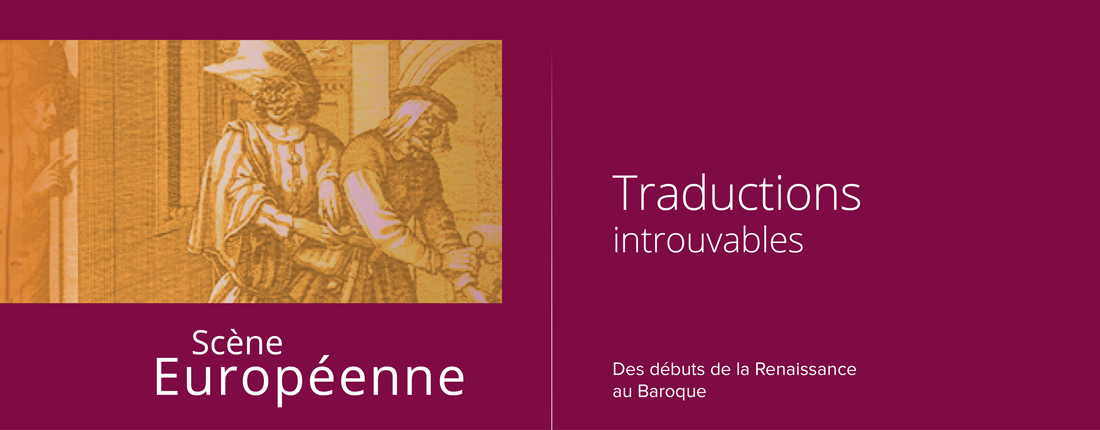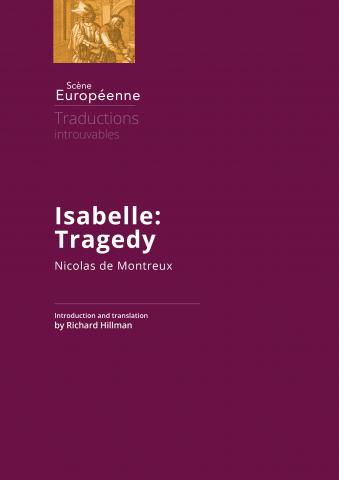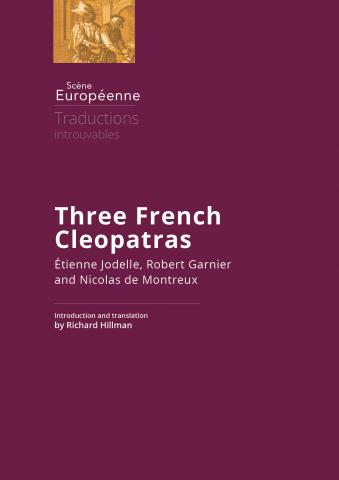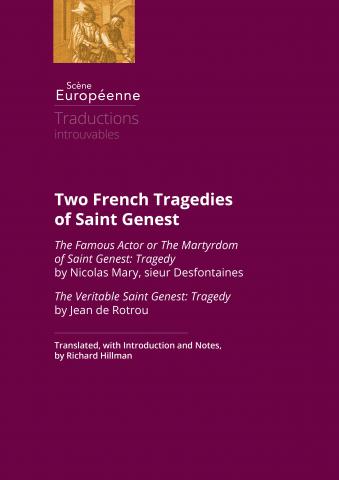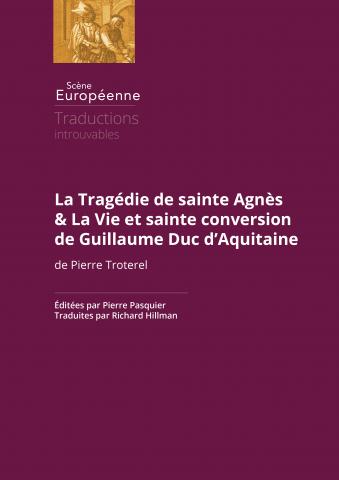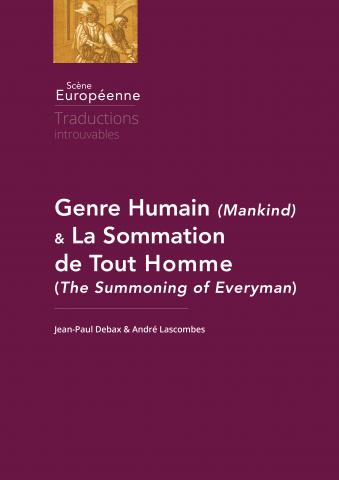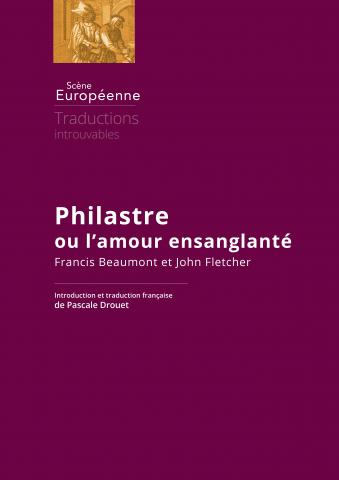// Présentation
Dans le cadre de leurs recherches et de leurs enseignements, les responsables scientifiques de Scène Européenne ont lancé un programme de traduction de textes parfois difficilement accessibles et le plus souvent non traduits, et donc difficilement exploitables par les étudiants et les chercheurs. Ces traductions de l’anglais en français, de l’espagnol en français, et aussi du français en anglais concernent des textes importants du théâtre anglais des XVe, XVIe et XVIIe siècles, du théâtre français de la Renaissance et de l’Âge Baroque et du théâtre espagnol du Siècle d’Or. Chaque traduction est accompangée d’une introduction et d’annotations. Nous espérons également que ces traductions pourraient, pour certaines pièces, susciter l’intérêt de metteurs-en-scène.
In the context of their research and teaching, the directors of the project Scène Européenne initiated a programme of translation of dramatic works generally difficult to obtain, and then only in their original language, so that they were not readily exploitable by students or researchers. These translationss – from English into French, from Spanish into French, and also from French into English – concern significant texts from the English theatre of the fifteenth, sixteenth and seventeenth centuries, the French theatre of the Renaissance and the Baroque period, and the Spanish theatre of the Golden Age. Each translation is accompanied by an introduction and notes. We hope, as well, that that these translations may, in certain cases, inspire performances.
Responsables : Richard Hillman & André Lascombes
ISSN 1760-4745
// Liste des parutions
Isabelle: Tragedy c. 1584
Three French Cleopatras 1563, 1578, c. 1592
Two French Tragedies of Saint Genest. The Famous Actor or The Martyrdom of Saint Genest: Tragedy by Nicolas Mary, sieur Desfontaines. The Veritable Saint Genest: Tragedy by Jean de Rotrou 1644
La Tragédie de sainte Agnès & La Vie et sainte conversion de Guillaume Duc d’Aquitaine (1615, 1632)
Genre Humain (Mankind) et La Sommation de Tout-Homme (Everyman)
Philastre, ou l’amour ensanglanté (Philaster, or, Love Lies a-Bleeding) (1610)
Publication CESR. Tous droits réservés. Les utilisateurs peuvent télécharger et imprimer pour un usage strictement privé cette unité documentaire. Reproduction soumise à autorisation. BEAUMONT, Francis et FLETCHER, Introduction, traduction et notes de Pascale Drouet Publié le 21/01/2020Scène européenne, « Traductions introuvables » Lorsque Francis Beaumont et John Fletcher portent Philastre, ou l’amour ensanglanté (Philaster,…
